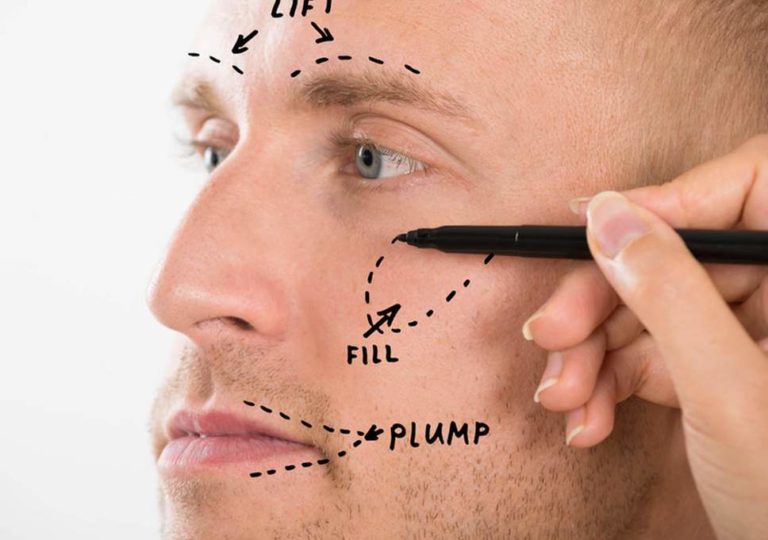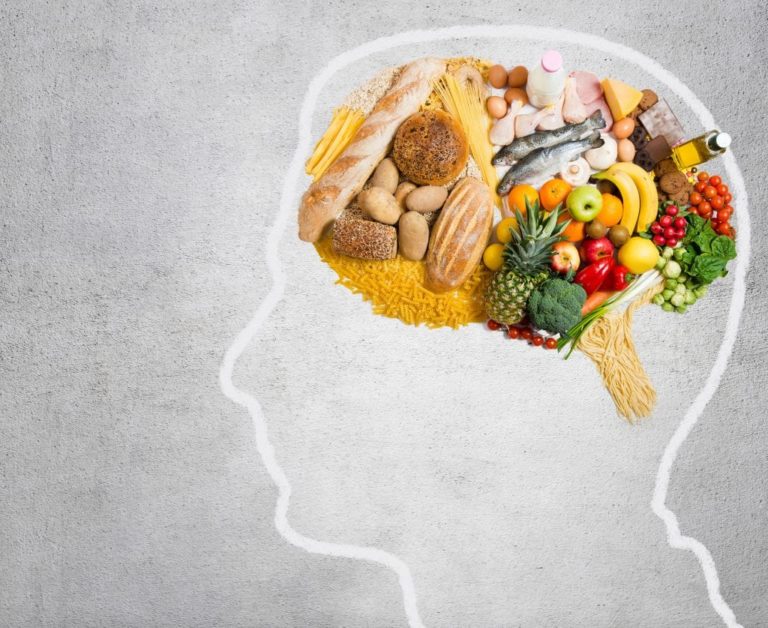Trending News
.png)
What Is A Leaky Gut And How To Treat It
While we humans tend to take care of our physics and looks, in order to impress our partner or public in general, we forget the importance of health and taking care. Digestive problems have been known to cause major issues to a lot of people all around the world, from lactose intolerance and bacteria imbalance to the more widespread leaky gut syndrome.
Now, some of you might ask what is leaky gut at all? As you know, the digestive system is there to carry out the absorption of food and water, as well as to remove the waste products. Intestines do have small junctions, through which dissolved nutrients as well as water pass to the bloodstream. The problem appears once those walls are too loose, allowing bacteria, toxins, and other unwanted substances to enter your bloodstream and potentially harm you.
Some, especially alternative physicians, tend to connect this syndrome to diabetes 1, autoimmune diseases, fatigue, etc. Yet, what we know is that protein called zonulin regulates the intestine junctions, so if there is an excess of it, it can affect and loosen the walls. Also, frequent use of antibiotics and non-steroidal inflammatory drugs might also be the cause. The fact is, although still not being an official diagnosis, this syndrome is persistent and should be treated.

Symptoms
While individual experiences tend to vary, there are some signs and symptoms for this syndrome that we can agree on:
- Irritable bowel syndrome (constipation, or diarrhea)
- Determined vitamin or nutrient deficiency
- Thyroid not working properly
- Skin conditions (eczema)
- Sensitivity to dairy, gluten, soy, starch products
Although not all might be present at a time, it would still be good to go to the doctor and check yourself for this syndrome, even if you have a slightest of a doubt.

How To Treat A Leaky Gut
First, and foremost, as with most of the digestive problems food that you ingest is the issue. So, the most important thing for keeping your gut healthy is to take care of what you eat and what you drink. If you suspect that you are suffering from leaky gut syndrome there are a few things you should do. First of all, cut out all the foods that would be normally elaborated as unhealthy, which includes sugars, processed oils and fats, artificial sweeteners, and all additive-packed food. Along with that, you might think about excluding products that are known as allergens, such as soy, dairy or gluten ones.
Good advice is to start a food journal, so you can thoroughly follow and write down what you eat on a daily basis, and then determine what might be the ingredient that is causing you problems. As of fluids and drinks, you might think about cutting down on alcohol, especially wine as it is known to cause an upset stomach, similar is with coffee and sugary drinks. We already mentioned before that drugs and antibiotics might be one of the triggers, so do not take those unless you really need to.
Now, what should you ingest then? Well, try to base your diet on whole foods, such as vegetables, fruits, healthy fat-rich nuts, fish as well as balanced chicken and red meat. Grains are a healthy source of fiber and carbs, but if you feel like it is not doing you good at the moment, cut it out till you solve the issue. Also, you might start taking supplements such as L-Glutamine (an amino acid which aids the digestive system), as well as probiotics that encourage healthy bacteria and Omega 3 fish oil that can encourage healing of any type of inflammation. What we would recommend you also is ginger and mint tea, as those seem to calm down your stomach at any point.

Summary
You should know that this process might take some time, as nothing can be cured overnight, but believe us it is worth it. The benefits of having a healthy gut are numerous. You can eat, and function normally, without experiencing that uncomfortable stomach pain or indigestion, interrupting your daily routine. By following the instructions given here and doing your additional research, you are on a good way to get your intestines back on track.
Copyright © 2025 WyattScott. All Right Reserved.








.png)






